Collaborative Solutions in Psychiatry has provided Madison, Wisconsin and surrounding areas with quality and comprehensive psychiatric healthcare services since 2014. It has become a community of support and healing, created by Dr. Sobia Kirmani-Moe, a former Social Worker turned psychiatrist.
We believe in keeping our community healthy, and we’re committed to exceeding the expectations of our patients with individualized treatment plans designed with each person and their specific goals in mind. Let us provide you with the personalized care you deserve to live a more peaceful, happy, and fulfilling life.

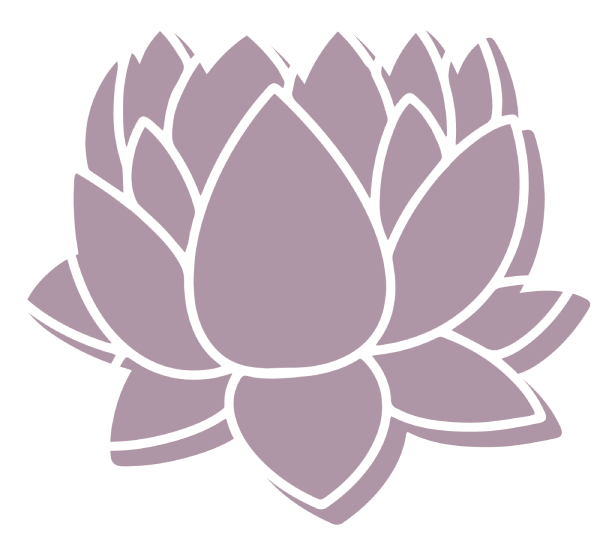
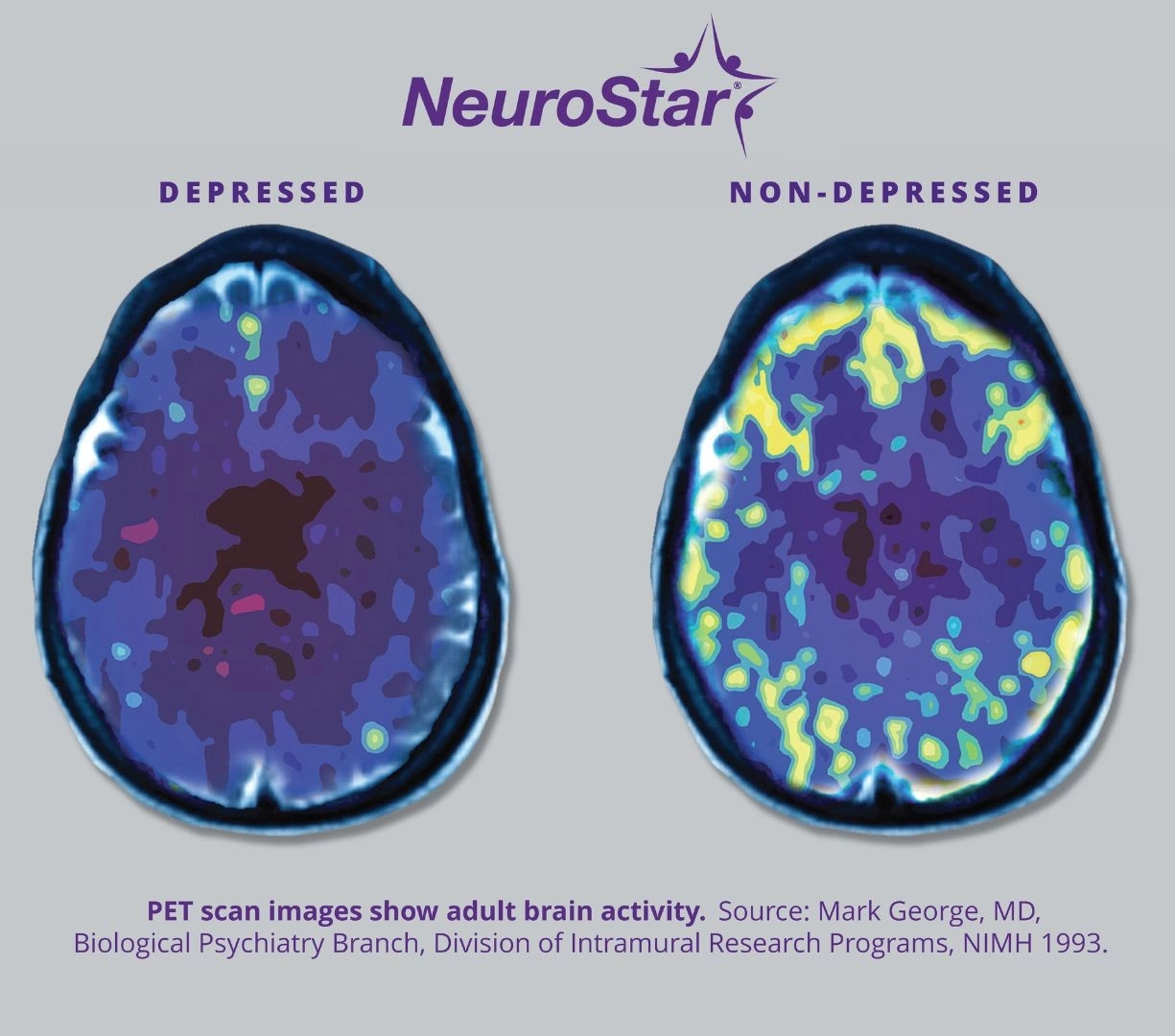
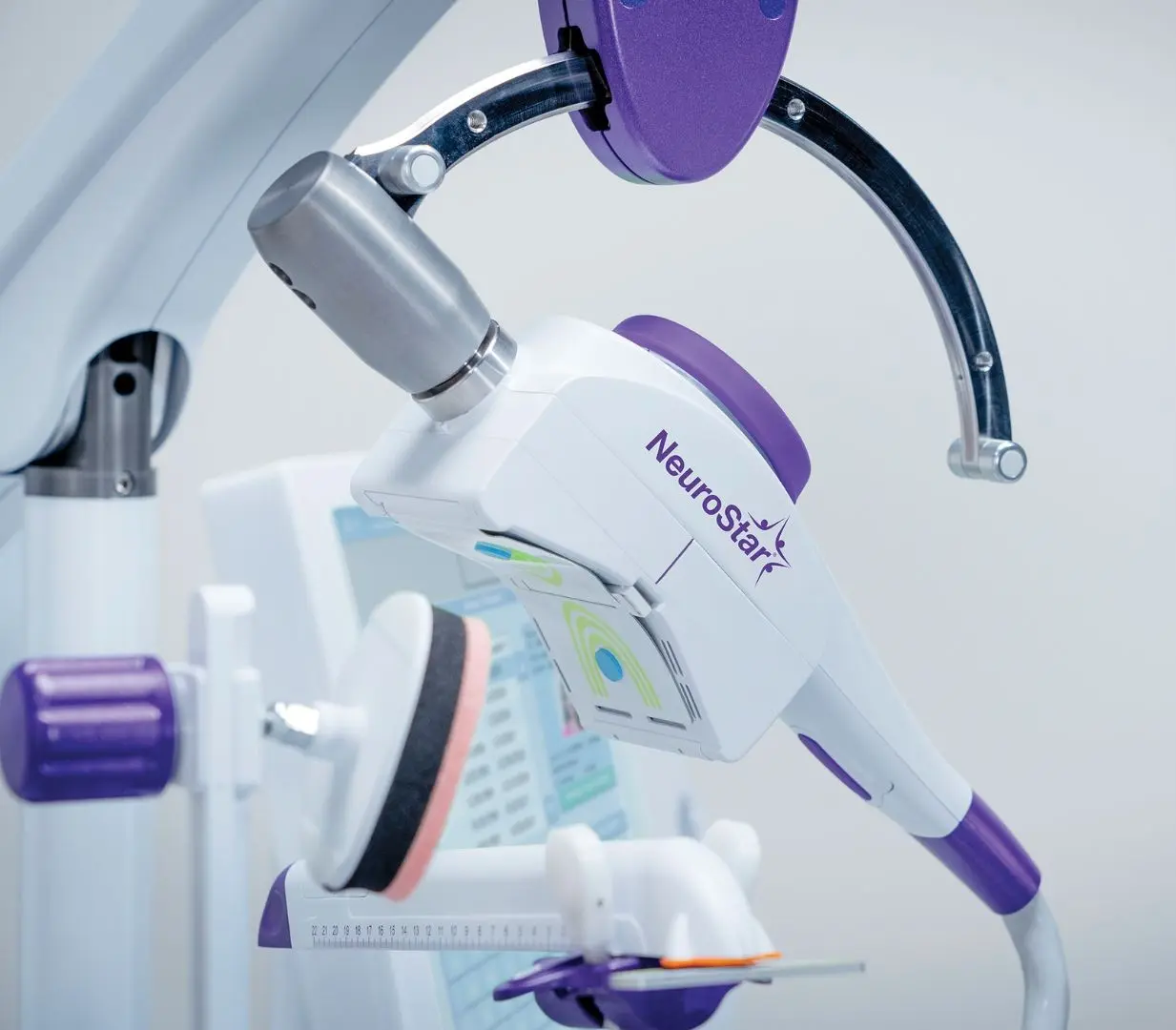
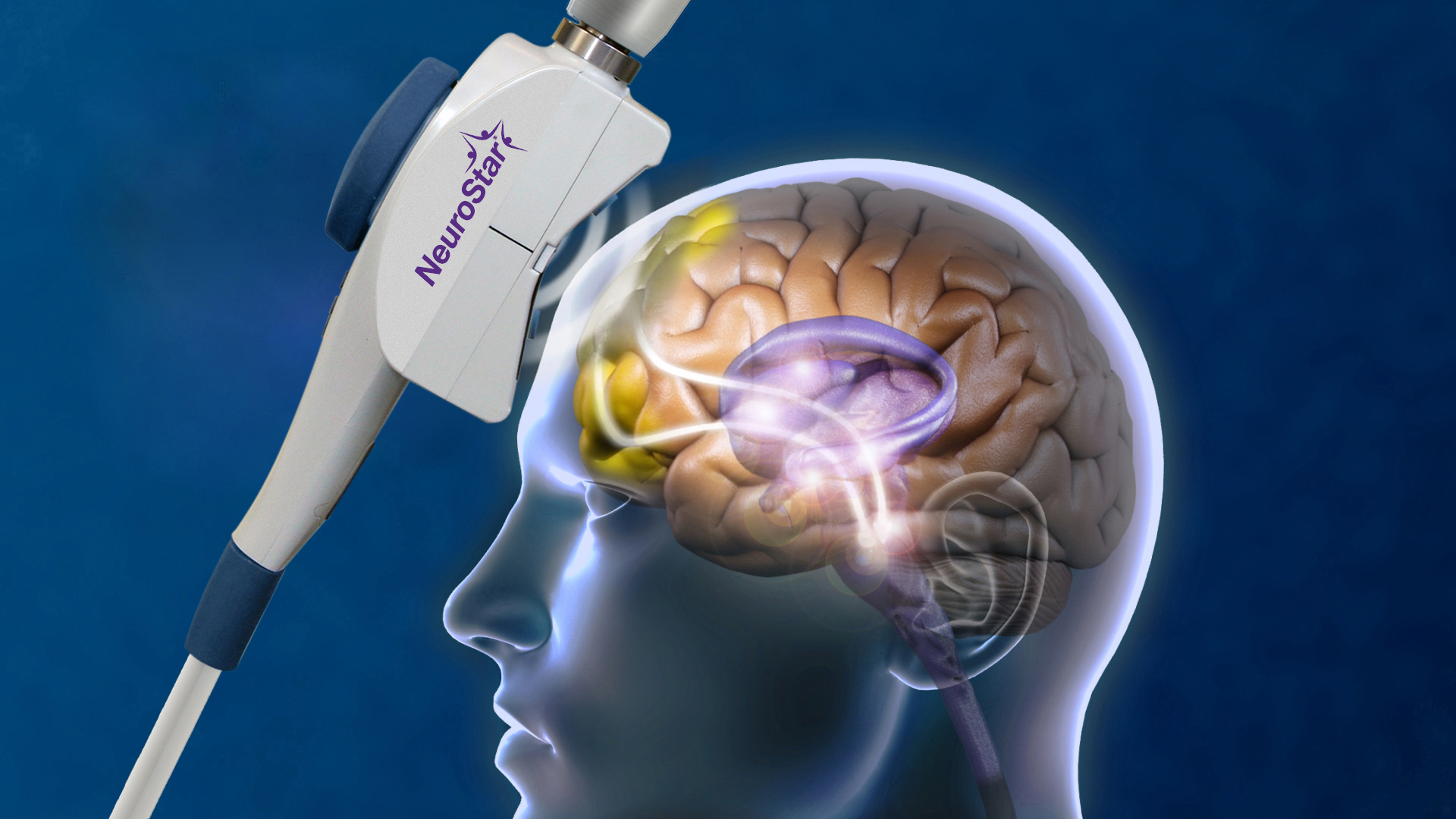
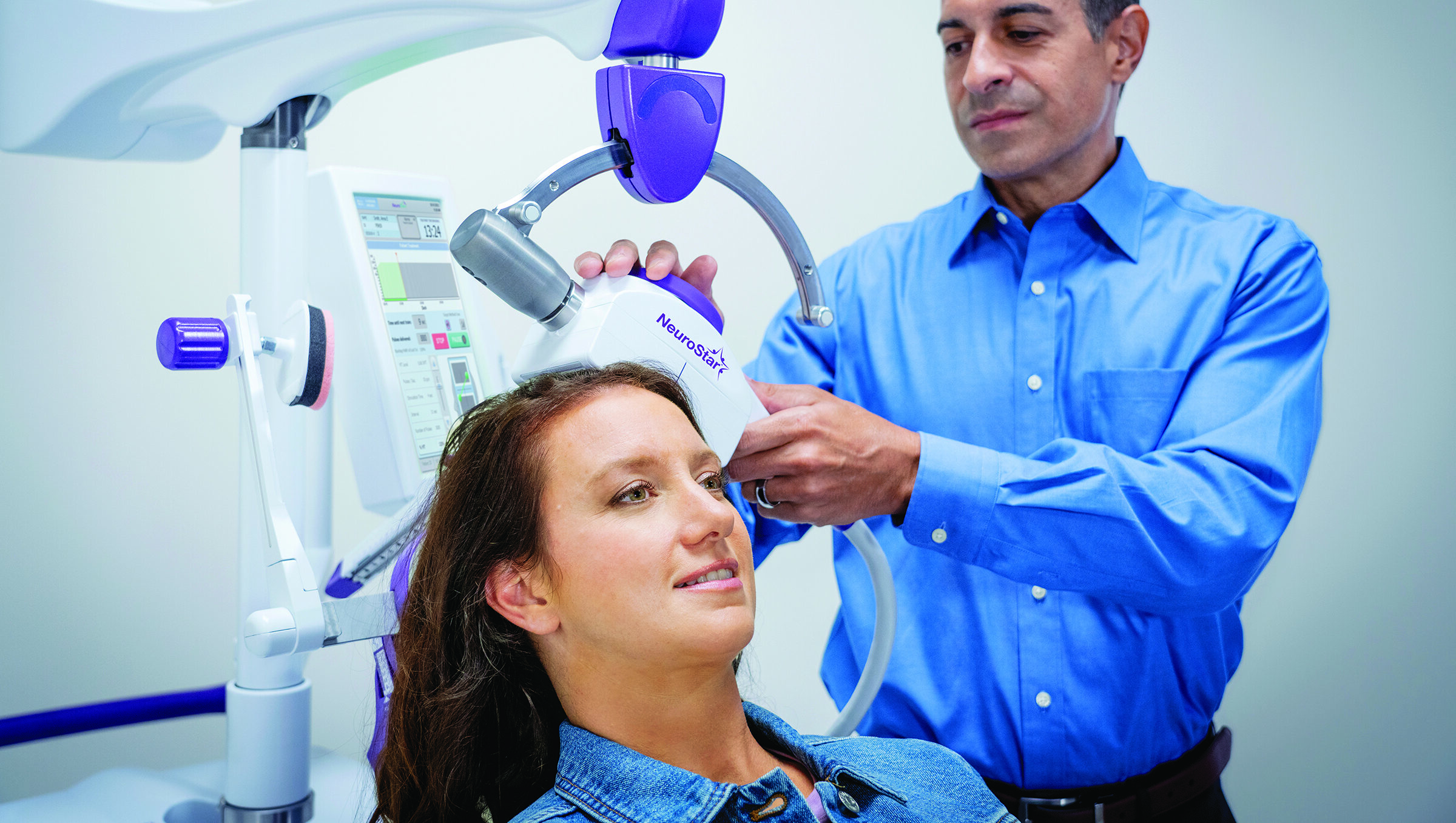
 (608) 719-0313
(608) 719-0313 COVID-19 policies & procedures
COVID-19 policies & procedures